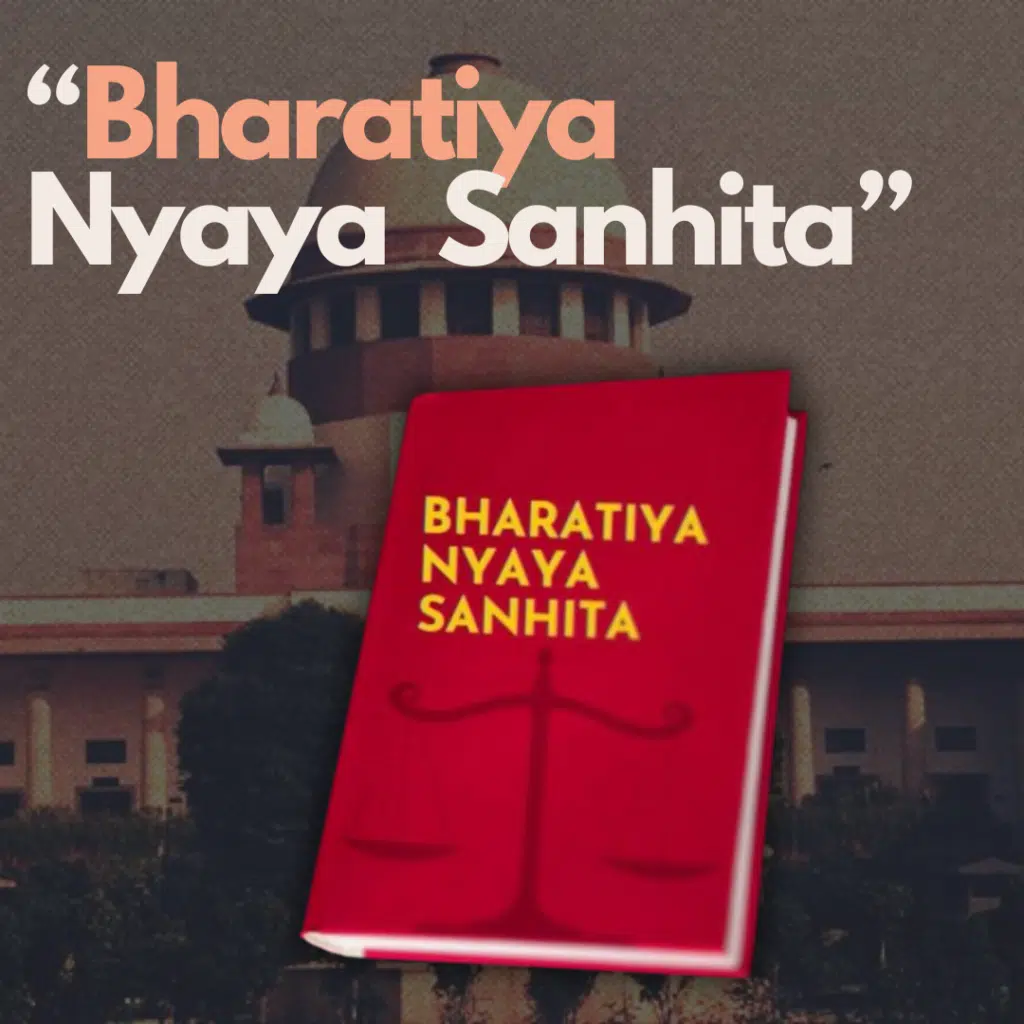
Revolutionizing India’s Criminal Law: The Advent of Bharatiya Nyaya (Second) Sanhita”
Introduction
India is on the cusp of a historic legal transformation with the Bharatiya Nyaya (Second) Sanhita (BNS), set to replace the Indian Penal Code (IPC) of 1860. This change, heralded by Presidential assent, marks a significant shift in India’s criminal jurisprudence. Along with two other pivotal bills, the BNS represents a comprehensive overhaul of the criminal law system, reflecting modern societal values and legal principles.
Background
The BNS, along with the Bharatiya Nagarik Suraksha (Second) Sanhita (to replace the Code of Criminal Procedure) and the Bharatiya Sakshya (Second) Sanhita (to replace the Indian Evidence Act), passed in the Rajya Sabha through a voice vote, indicates a seismic shift in the legislative landscape of India. Union Home Minister Amit Shah introduced these bills, aiming to contemporize and streamline the country’s legal framework.
Key Features of the BNS
The BNS introduces several groundbreaking changes to the existing penal laws:
Community Service as Punishment
A novel introduction under Section 4 of the BNS is community service as a form of punishment. This progressive step allows for alternative forms of rehabilitation for certain offences, though the specifics of what constitutes community service remain undefined.
Offences Against Women and Children
The BNS consolidates offences against women and children into a dedicated chapter, a move towards more focused and stringent laws in this area. This includes a significant amendment regarding marital rape. Under Section 63, the age of consent within marriage is raised to eighteen years, aligning with the Supreme Court’s interpretation.
Sexual Offences and Consent
Section 69 of the BNS addresses sexual offences involving deceit, promise of marriage, or other forms of inducement, expanding the scope of consent in sexual relationships.
Enhanced Punishment for Gangrape
The BNS, under Section 70, intensifies punishments for gangrape, particularly for victims under eighteen years, echoing a zero-tolerance approach to such heinous crimes.
Restrictions on Publishing Trial Proceedings
Section 73 mandates permission from courts for publishing trial proceedings related to sexual offences, enhancing privacy and dignity for victims.
Decriminalization of Certain Offences
The BNS notably omits Section 377, effectively decriminalizing unnatural intercourse against men and bestiality. Additionally, the offence of adultery has been removed in light of the Apex Court’s judgment.
Organised Crime and Terrorism
The BNS introduces comprehensive provisions for organised crime (Section 111) and terrorism, significantly expanding the definitions and punishments, including the death penalty, for these grave offences.
Protection and Punishment in Medical Negligence
In a significant move, Section 106 of the BNS provides lesser punishment for medical professionals in cases of death due to negligence, acknowledging the unique challenges of the medical profession.
Hit and Run, Snatching, and Attempt to Suicide
The BNS provides stringent punishment for hit and run cases and introduces snatching as a distinct offence. Furthermore, it decriminalizes the attempt to commit suicide, reflecting a more compassionate approach towards mental health issues.
Inclusion of Transgender Rights
In a landmark step towards inclusivity, the BNS defines gender to include transgender persons, aligning with the Transgender Persons (Protection of Rights) Act, 2019.
Conclusion
The Bharatiya Nyaya (Second) Sanhita represents a paradigm shift in India’s criminal law, embracing progressive, inclusive, and stringent measures to address modern societal challenges. This comprehensive reform is poised to reshape the landscape of criminal justice in India, balancing the need for stringent laws against heinous crimes while ensuring the protection of individual rights and societal welfare. As the nation awaits the notification of its enforcement date, the legal fraternity and citizens alike look forward to a new era of reformed criminal jurisprudence in India.



